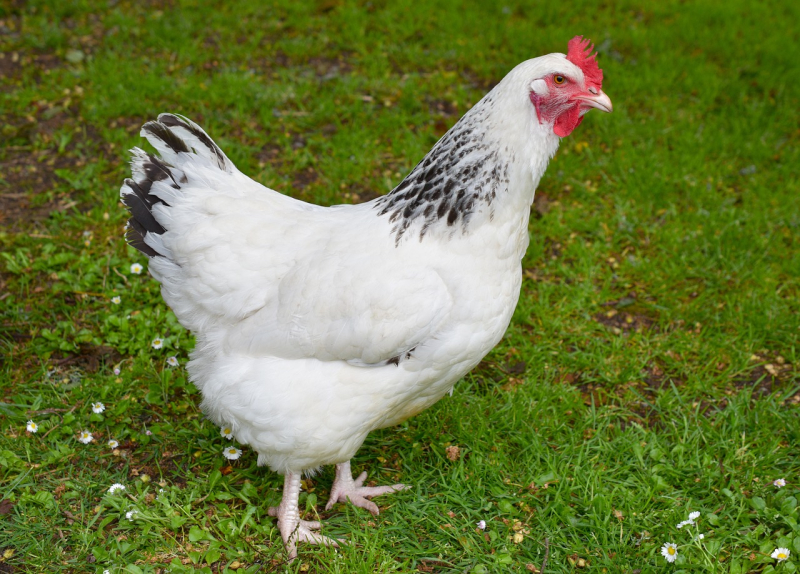Recognizing Respiratory Infections
Respiratory infections in chickens manifest through various symptoms, including coughing, sneezing, nasal discharge, wheezing, and labored breathing. You might also observe lethargy, loss of appetite, and reduced egg production. Identifying these signs early can help in managing the infection before it spreads throughout the flock.
Check out BioPoint https://biopoint.eu/products/poultry/'s website for advanced farming solutions.
Establishing a Clean Environment
A key component in treating respiratory infections is ensuring a clean and well-ventilated environment. Poor ventilation, damp bedding, and accumulated waste can exacerbate respiratory issues. Regularly clean the coop, replace soiled bedding, and provide adequate airflow to reduce humidity and the presence of harmful pathogens. Proper environmental management helps create conditions that are less conducive to the proliferation of respiratory pathogens.
Medical Treatments
- Antibiotics and Antiviral Medications - For bacterial respiratory infections, antibiotics can be effective. However, it’s essential to use these medications under the guidance of a veterinarian to ensure the correct type and dosage. For viral infections, antiviral medications may be prescribed, though their use is less common and typically more specific to certain viruses.
- Expectorants and Anti-Inflammatories - In some cases, expectorants and anti-inflammatory medications can be used to alleviate symptoms by reducing mucus and inflammation. Again, these should be administered based on veterinary advice to avoid complications and ensure proper dosage.
Supportive Care
- Hydration and Nutrition - Ensuring that infected chickens stay hydrated is vital. Dehydration can worsen respiratory symptoms and impede recovery. Provide fresh, clean water and consider adding electrolytes to support overall health. A balanced diet rich in vitamins and minerals strengthens the immune system and aids in recovery. Vitamins A, D, and E are particularly important for respiratory health.
- Steam Therapy - In cases of severe congestion, steam therapy can help ease breathing difficulties. Place the affected chickens in a warm, humidified environment for short periods. This can help loosen mucus and make breathing easier.
Natural Remedies
- Herbal Supplements - Certain herbs have natural properties that can support respiratory health. Oregano, thyme, and eucalyptus are known for their antimicrobial and anti-inflammatory effects. These can be added to the feed or water, but it's important to use them in moderation and consult with a veterinarian to ensure they are appropriate for your flock.
- Apple Cider Vinegar - Adding a small amount of apple cider vinegar to the water can help maintain a balanced gut flora and support overall immune function. It also has mild antibacterial properties that can benefit respiratory health.
Monitoring and Follow-Up
Regularly monitor the condition of your chickens to track their progress and adjust treatment as necessary. If symptoms persist or worsen despite treatment, consult with a veterinarian for further evaluation and tailored treatment options. It’s crucial to follow up on health improvements and ensure that all affected birds are fully recovered before reintroducing them to the main flock.
Preventative Measures
To prevent future respiratory infections, maintain good flock management practices. This includes proper ventilation, regular cleaning, and monitoring for signs of disease. A vaccination program may also be recommended for common respiratory pathogens. Regular health checks and proactive management will help keep your flock healthy and reduce the incidence of respiratory infections.
Treating respiratory infections in poultry requires a multifaceted approach, combining proper environmental management, medical treatments, supportive care, and natural remedies. By addressing infections promptly and implementing preventative measures, you can maintain the health and productivity of your flock and ensure their well-being.

